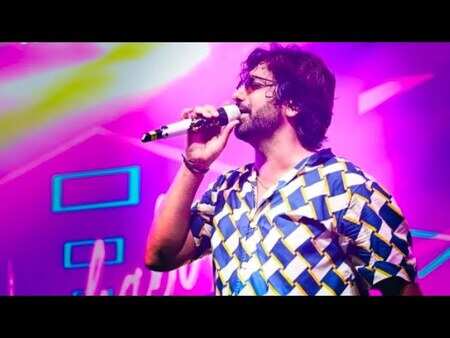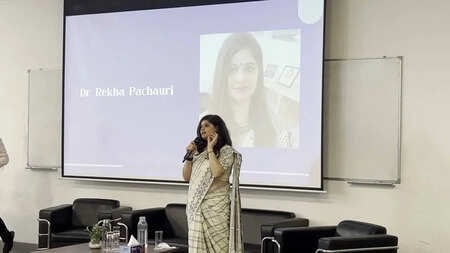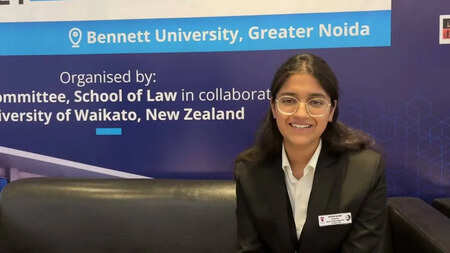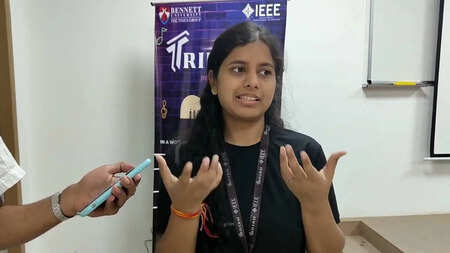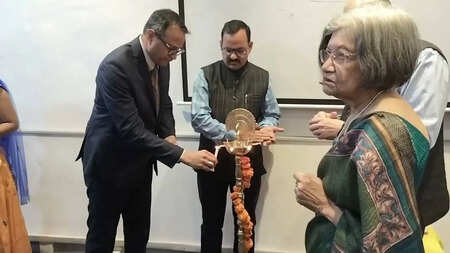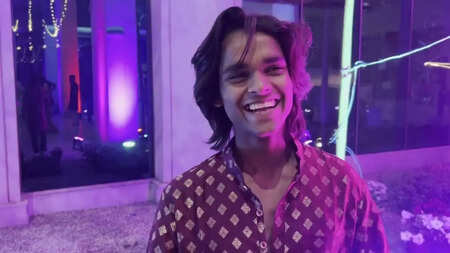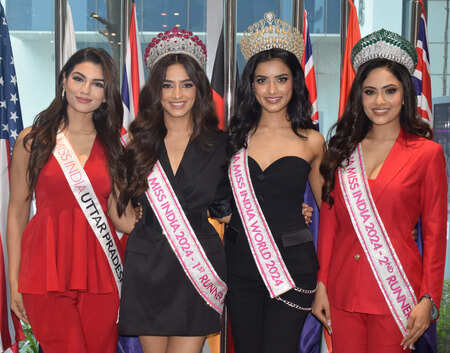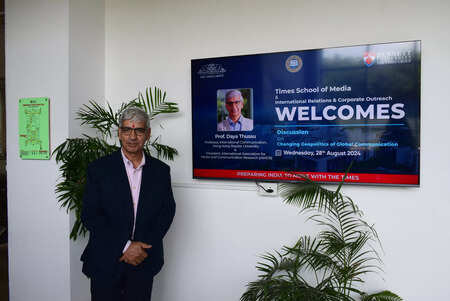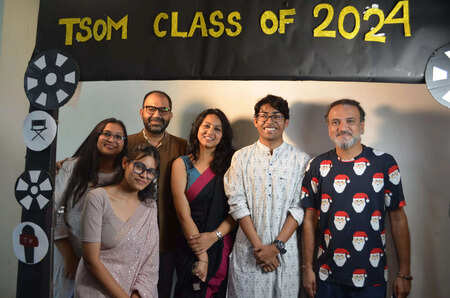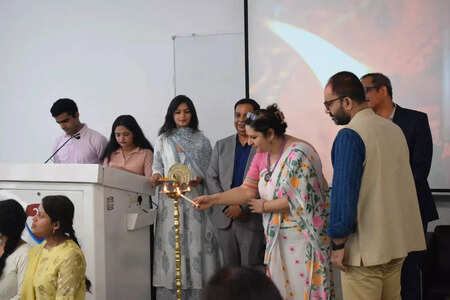
BY KHUSHI MITTAL
Homosexuality and queer identities may be more acceptable to Indian youth today than ever before, but acceptance of their sexuality and freedom to openly express their gender choices remain a constant struggle for LGBT (lesbian, gay, bisexual, transgender) people within the boundaries of family, home, and school. In urban India, where social media and corporate initiatives have raised awareness of LGBT rights, the situation appears to be better for homosexual males than for transgender or lesbian women. While urban LGBT voices voiced through various online and offline channels are an important aspect of LGBT advocacy, they only highlight a tiny portion of the community's multifaceted concerns.
Vyjayanti Vasanta Mogli, a transwoman LGBT activist and public policy scholar at Tata Institute of Social Sciences in Hyderabad who has openly discussed her abuse at school, claims that lesbian women and transmen in rural areas are at the bottom of the hierarchy when it comes to basic human rights within the family and village unit. While discussing the rural socioeconomic milieu, she references B.R. Ambedkar. "Ambedkar saw the village as a unit of violence, and this is especially true when it comes to LGBT matters." "she claims. "Village doctors and babas sometimes advise rape to cure homosexuality in lesbians." Refusing to marry leads to further physical violence. Family acceptance stories on TV and in the media are more of an urban occurrence."
A recent study discovered that parental reaction to homosexuality is a crucial role in the stigmatization of LGBT persons. The study concludes that most LGBT persons are only acceptable to their families if they agree to behave like heterosexuals. In a culture where rigorous social and cultural standards govern the terms and circumstances of school, profession, and marriage, a lack of family support may be devastating to the mental and physical health of LGBT individuals. Isolation and peer pressure frequently result in sadness, suicidal ideation, and psychosomatic illnesses. Many of them want to relocate to another city to avoid the enormous pressure to marry and establish a family.Families that embrace their identities have numerous constraints on how they dress and interact with their partners. Online organisations and social media have provided accessible options to forming a community outside the family in the lack of family support. Sites like as Gaysi and Gaylaxy, as well as publishers such as Queer Ink, have aided in the creation of venues for LGBT individuals to engage, exchange, and cooperate.
Though LGBTQ acceptance has improved over the years, we still have a long way to go. If ordinary men and women have the right to live in our society with dignity, why shouldn't someone who is LGBT have the same?


